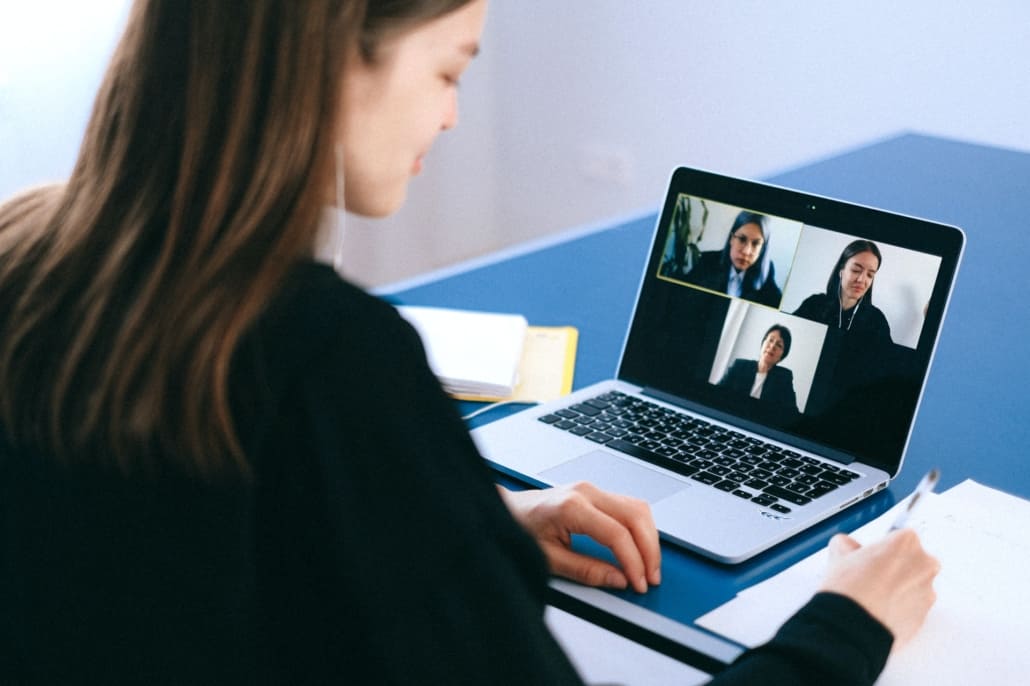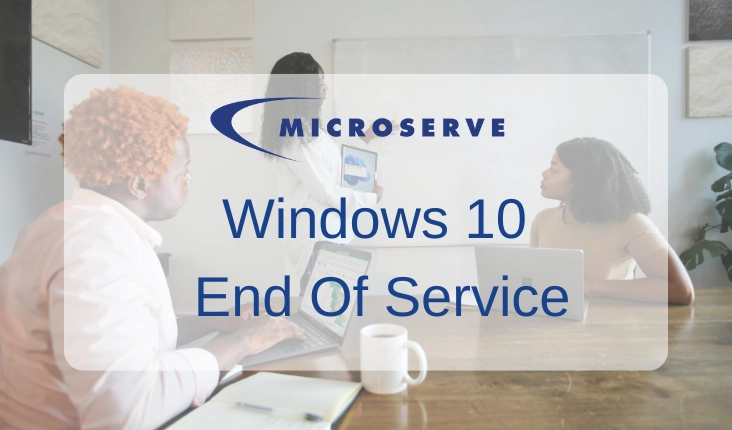Zoom Fatigue Prevention
In a previous post, we talked about the concept of ‘Zoom Fatigue’. To catch you up, Zoom Fatigue is (the very real) phenomenon of feeling drained and fatigued after spending much of your workday on Zoom or other virtual communication platforms.
Now that we’ve established what Zoom Fatigue is – that it does exist and what causes it – what is the next step? Even as the workforce returns to their offices in droves, realistically, Zoom and other types of video calls are here to stay. Virtual meetings have their benefit, even when there’s not a global pandemic; they can save time and are often more convenient and accessible than large in-person meetings. Therefore, with the notion that Zoom isn’t going anywhere in mind, how can we combat Zoom Fatigue? Fortunately, there are some things you can do to take back control and not feel so drained after Zoom meetings.

Figure Out a Time and Format That Works for You
Not all of us are our most productive at the same times of the day or week. Going forward, try and make a note to yourself of when you dread scheduling a Zoom meeting most – maybe it’s in the morning, maybe it’s at the end of the week. Whenever it is, try and take this into consideration when scheduling your Zoom meetings. Another helpful tool is putting ‘no Zoom’ blocks into your day to help prevent Zoom fatigue. Much like you would schedule a meeting, you can also schedule ‘no meeting’ times. If you have times in your day where you know you won’t be pulled onto a Zoom, it can give your brain a much-needed sense of relief and allow you to be more focused when you do have to be on one.
If You’re Allowed – Turn Your Video Off
It has been scientifically proven that one of the reasons Zoom meetings are so tiring is that our brain has to work harder to communicate on video than it would in person. Zoom forces our brain to do things it wasn’t designed for: like seeing yourself when talking to others and trying to make eye contact through the camera. These both prematurely exhaust our mental capacity and impede communication. So, if it’s acceptable for the occasion, turn your video off – it will require a lot less mental energy and you should be less drained afterward.
Use Other Methods of Communication
This may seem obvious, but it’s actually not. Because of Zoom’s prevalence, people often just use it or other video communication as the default method of communicating. Let’s not forget that this is a very new invention and we all communicated very effectively on the phone beforehand. So, if it’s not essential, consider calling someone instead of Zooming them. Phone calls are a much more intrinsically natural way for humans to communicate; moreover, they allow greater flexibility of movement and position. Instead of being glued to your screen – you can walk around, or make notes etc. Additionally, try and think about if a Zoom is necessary to achieve the goals of your meeting. Maybe an email or text message would suffice.
Use Effective Zoom Meeting Strategies
Nothing is more tiresome than a poorly directed meeting – especially on Zoom. Therefore, always ensure there’s an agenda for your Zoom meetings. Not only will this streamline the meeting, but it will also give you an idea in advance if you really need to attend. Also, if the meeting will be particularly long, schedule breaks.
Much in the same way you might schedule a coffee or lunch break in a long, in-person seminar or meeting, you should do the same thing on video calls. This not only applies to long meetings but also back-to-back meetings. If you think about in-person meetings, even when they’re consecutive, you usually at least get up to change rooms or grab a coffee in between them. One of the issues with Zoom is that it allows us to simply jump from one meeting to another. Try and make sure you don’t do this and allow for even short 5- or 10-minute breaks in between Zoom calls.
The fact of the matter is Zoom and other video calls are here to stay. While conceptually these types of meetings might seem less draining than one that’s in person, in many ways they’re not. Using these tips can largely reduce the effect of ‘Zoom Fatigue’ and can hopefully increase both enjoyments in your job and productivity.
For more information on how Microserve IT Solutions can help you make your meetings more productive and less stressful, contact one of our IT specialists at info@microserve.ca or visit microserve.ca
Read more: Zoom Fatigue: It’s a Real Thing




